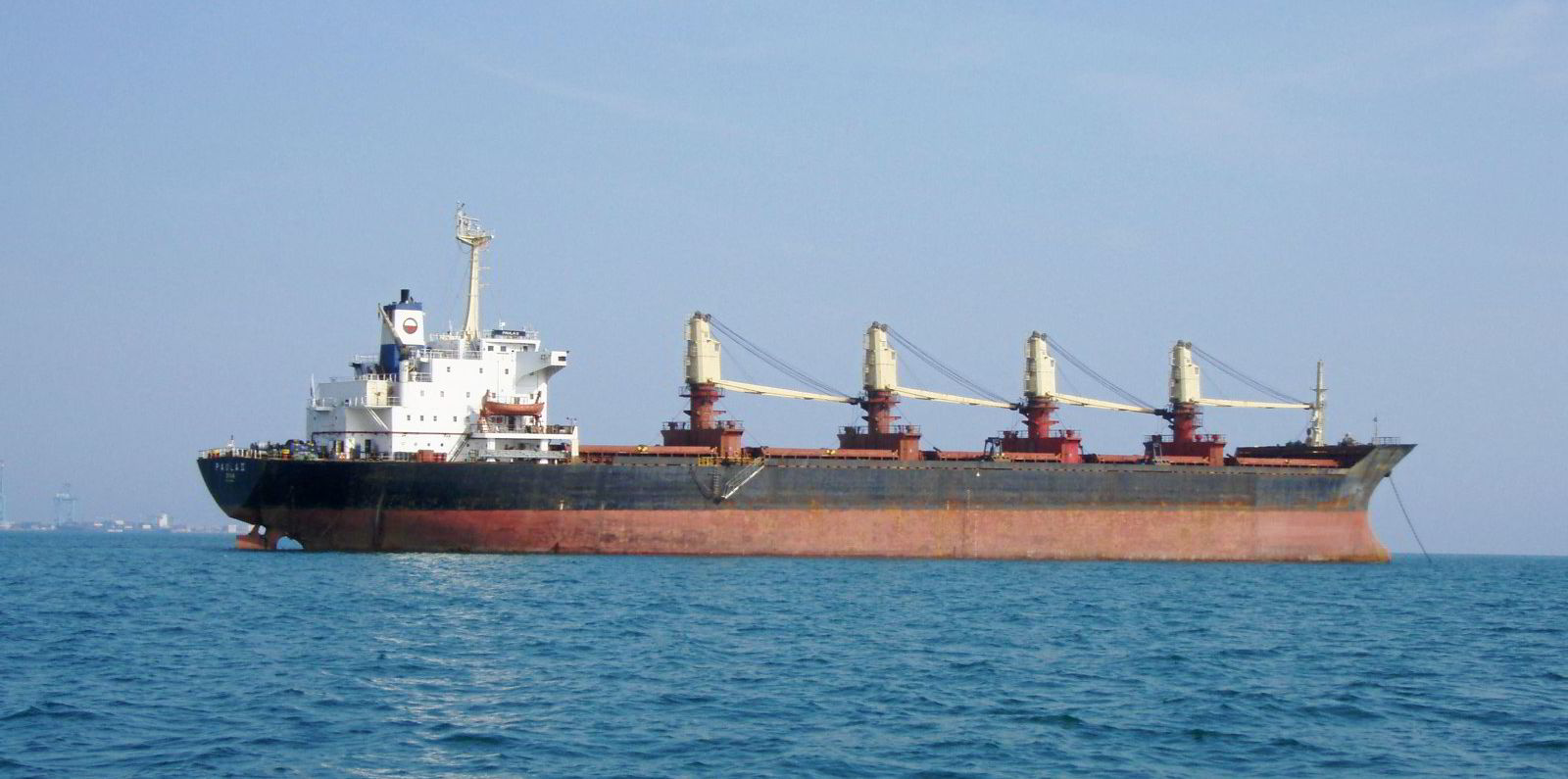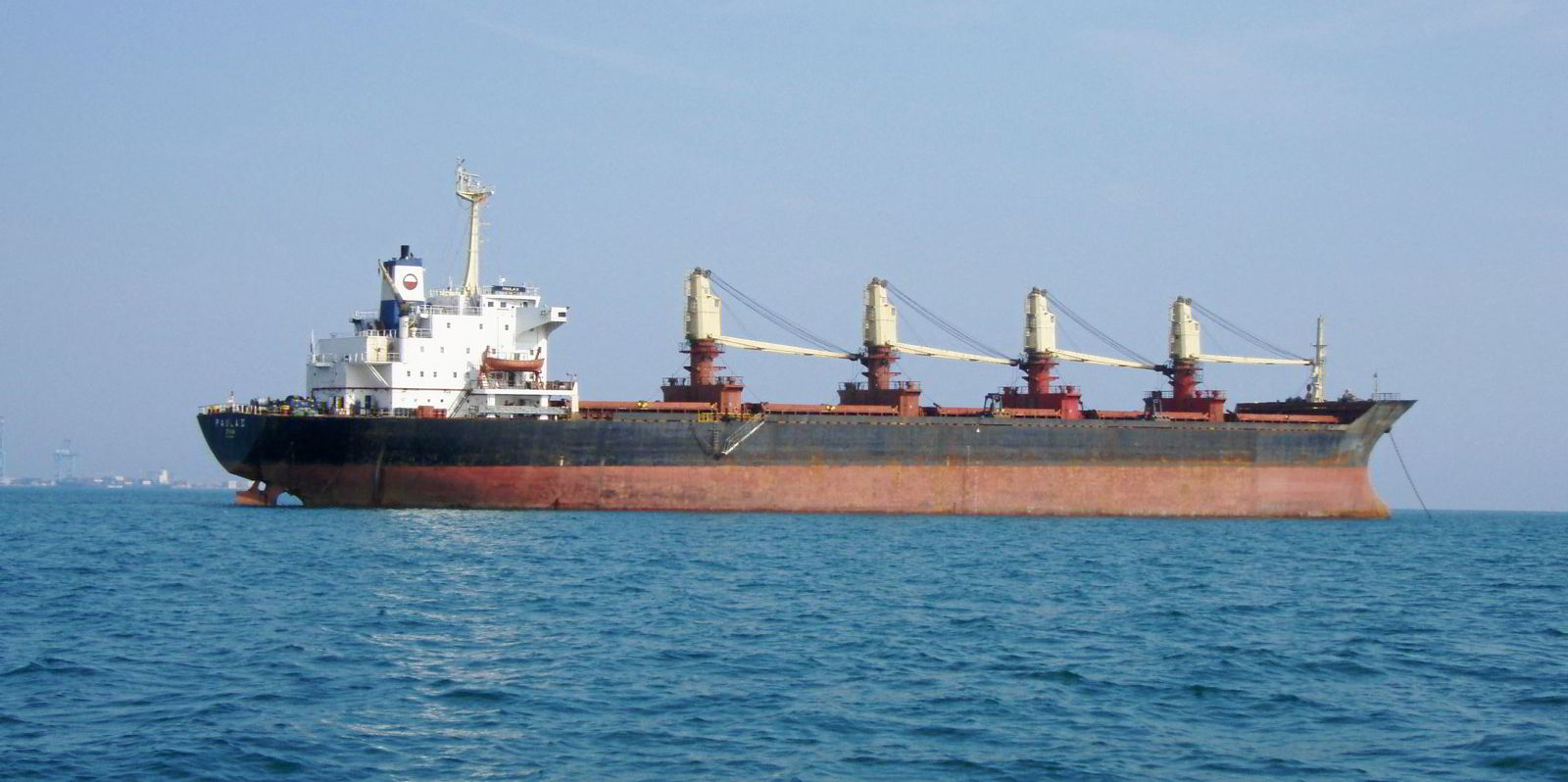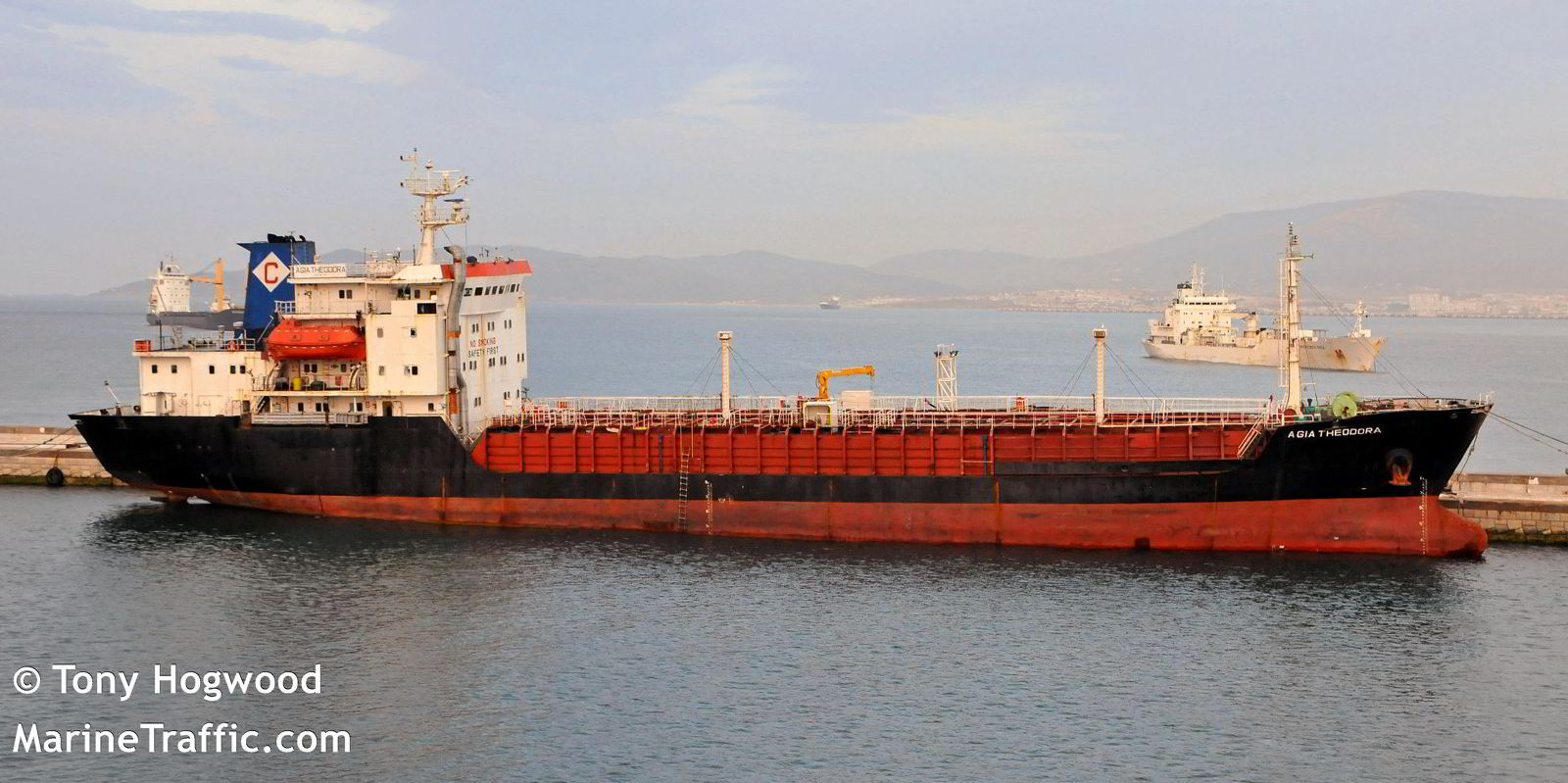It is a fact that all sovereign states enjoy an equal right to flag ships, rooted in centuries of international practice and confirmed by explicit treaty law. But two false conclusions have been drawn from this. First, that because such a right exists, all states should go ahead and exercise it; and second, that if a state with no real interest in merchant shipping decides to rent out its sovereignty as a side hustle, there is not much anybody can do about it.
There is plenty to do about it.
Shipping has collectively chosen to regard the flag-state system in its present form as if it were a law of nature rather than a deeply corrupted practice, and has done so for so long that it feels naive to raise the issue. But what is naive is our rationalisation for allowing irresponsible states to sell their flag to abusive shipowners.
Last man standing
As of today, there is a seafarer in a Red Sea port who has been living alone on a ship for more than three years without fuel, electronic communications or regular provisions. He collects rain for drinking water and catches fish on the deck.
He is not allowed to leave the ship, because the country he is stuck in — like many port states — will not allow the last crew member to leave an abandoned ship. Presumably, their worry is that unless one castaway is confined on board and assigned the symbolic responsibility of watching over a decaying hulk, something bad might happen.
He does leave sometimes, though. International Transport Workers' Federation (ITF) sources have told TradeWinds that the man wraps his clothing in plastic bags and swims to shore where charitable organisations have arranged for him to be supplied with groceries from time to time.
This particular unresolved case of abandonment is extreme, but it is no freak incident. It is structural abandonment. It is an inevitable result of the system under which ships can be flagged by countries that have no interest or only a meretricious interest in merchant shipping.
Just as in hundreds of other cases now ongoing, an owner has abandoned a ship, and the ship's flag state, to whom the owner was a mere customer, has seen no further reason to take responsibility for the ship or whoever might be left on it.

Unresolved cases
The International Labour Organisation (ILO) currently lists more than 200 ships as unresolved cases in its database of abandoned seafarers, and ITF officials have told TradeWinds that the actual number is higher as many abandonment cases go unreported for months.
In most cases, the flag state steps up to take some of the responsibility for crew welfare. But some marginal flag states renounce the vessels and their crews after they stop receiving registry fees.
Shipowners who do business under the flags of countries that neglect seafarers' rights should be unbankable, uninsurable, and unwelcome in the ports of responsible states
Every sovereign state has a right to flag ships. But not every country that avails itself of the sovereign right is equally interested in taking sovereign responsibility.
It is a case of a right that has been improperly elevated to the level of an absolute right, and needs to be jacked back down.
Flag reforms
To be sure, some proposals for reform of the flagging system seem to envisage a simpler world in which every ship flies the flag and employs the seafarers of the shipowner's country.
But in practice, even the flagging system's harshest critics in maritime labour have focused their campaigning less on nationality itself than on flag states' enforcement of basic human and labour rights, and of international safety and environmental regulations.
If the shipping industry means business with its recent professions of socially responsible corporate governance, it should get on board with the ITF and move flag-state reform to the top of its ESG agenda.
Shipowners who do business under the flags of countries that neglect seafarers' rights should be unbankable, uninsurable, and unwelcome in the ports of responsible states. Flag states that fail to protect the human rights of crew members should be at the bottom of the blacklist of every port state control regime.






